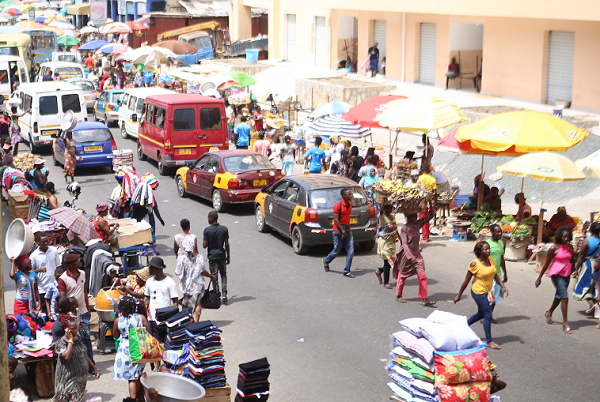Urban migration fueling rent hikes and cost of living crisis – GREDA

The growing pressure on Ghana’s urban centres, especially Accra, is becoming a major concern for housing and development experts.
According to Sammy Amegayibor, Executive Secretary of the Ghana Real Estate Development Association (GREDA), the unrelenting wave of rural-urban migration is putting a massive strain on infrastructure and worsening the country’s cost of living crisis.
“Everyone wants to come to Accra because they believe there are more opportunities here,” Amegayibor said on the Asaase Breakfast Show.
“However, this influx is overwhelming existing infrastructure and driving up the cost of essentials, especially rent.”
With the population of the capital swelling, rental prices are soaring beyond the reach of many Ghanaians. Amegayibor highlighted how the situation is stretching household finances to the limit.
“People are spending more than half their salaries on rent, leaving little for food, transportation, and other necessities,” he said.
This affordability crisis isn’t just about demand. Amegayibor pointed out that housing developers are also operating within a tough environment. Despite efforts to supply low-income housing, several challenges persist.
“Developers face market and regulatory constraints, so even the cheapest homes are still too expensive for most people,” he explained.
The rising cost of living, driven by housing shortages and high demand in urban areas, is leaving many Ghanaians struggling to keep up.
Experts say unless there’s targeted policy reform and a rebalancing of development between urban and rural areas, the housing burden will only deepen.




